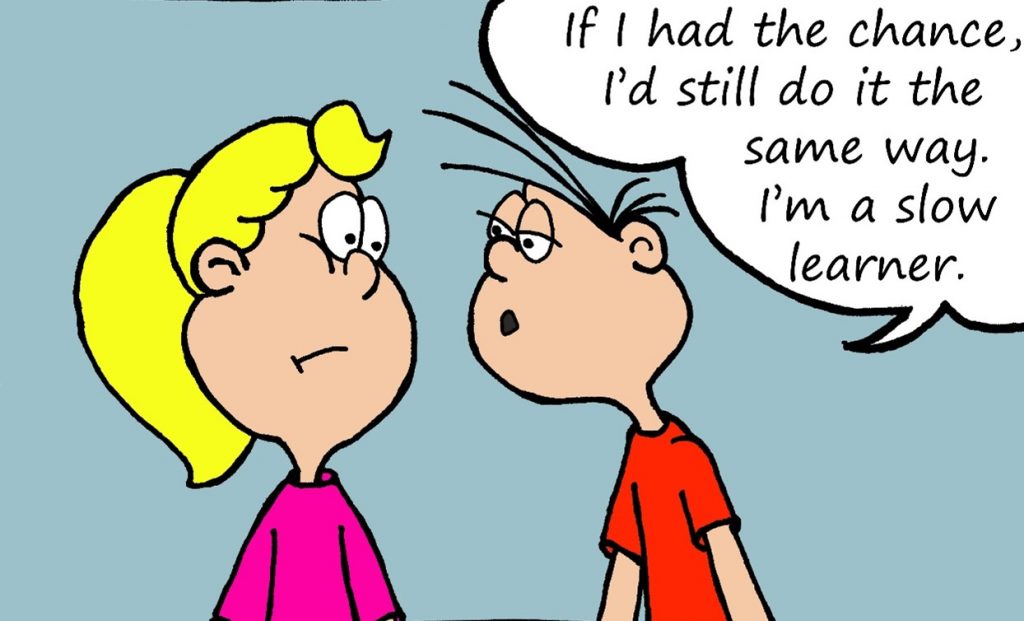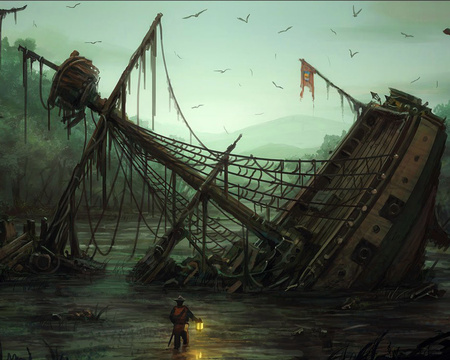I write this on the day of the announcement about a trade deal between the EU and the UK. This post explores the twin themes: Thick and Fast and Thick and Slow. I will explain.
Thick and Fast
Now that we appear to have some sort of deal, we can expect one sure-fire thing: the lies will keep coming thick and fast. Johnson and his gang of no-hopers will try to convince us that it is a great deal, one which has been hard-fought and won thanks to the skills of the UK negotiating team. And it will all be bollocks.
The timing of the announcement is interesting, with no newspapers tomorrow (Christmas Day). But be assured that the usual suspects (Sun, Mail, Telegraph, Times, Express) will find space in their Boxing Day editions to spread even bigger lies than the government itself will do. Obviously, Johnson and co. will feed much of the stuff to the friendly media outlets.
The lunatic fringe on the Tory backbenchers (Master Francois and his ilk) are speaking of “star chambers” of tame lawyers who will check the “purity” of the agreement: to see if the small print accords with their delusional thoughts. And the big unknown will be Labour’s response. Worrying signals from Keir Starmer’s office in recent days seem to echo the phrase “a deal is better than no deal”. The honourable position for all Labour MPs is to abstain in the required Parliamentary vote.
One thing has been abundantly clear for four and a half years or more. Any deal with the EU will be worse for the country than EU membership. We must not allow the government to hide behind the smokescreen of the pandemic. Leaving the EU will make all of us poorer, slowly, year by year, estimated at a permanent loss of 2% a year off GDP growth. Certainly, the effects of gross mismanagement, procrastination and poor policies will continue to make Covid the bigger short-term shock. But the lasting, slow-burn damage will be leaving the European Union.

So, prepare to be inundated with an avalanche of lies from our elected leaders: they’ll be coming thick and fast.
Thick and Slow
By way of contrast, if you were to look for an epithet to describe every member of the UK Government, “thick and slow” would be a good one. Historians will one day look back in amazement and disbelief at our misfortune: to have the most incompetent government of modern times at a time of our greatest need for at least 75 years.
Thick: it would be invidious to try to rank the members of the Cabinet in order of stupidity. For sure, Stupid Boy Pike, a.k.a. one Gavin Williamson and Little Miss Pretty Petrifying, a.k.a. Priti Patel would rank near the bottom of the pile: “rank” being the operative word.
There are those who believe that the chancellor, Rishi Sunak, somehow stands above the pack. I disagree. Sunak is one of the country’s biggest problems. His failure to understand the impact of the pandemic on the poorest people – after all, his wife is richer than the Queen – or to implement consistent financial support for those losing their incomes cuts directly across attempts to control the spread of the virus. Millions of people are in such poorly paid and insecure jobs that they simply cannot afford to self-isolate when required. Sunak’s resistance to improving benefit payments to something closer to the European norm further compounds the problem.
Slow: We are in this mess now because of one of Johnson’s personality faults. He has a Trump-like desire to be liked and so has a pathological problem with decision making, particularly when it means being the bearer of bad news. Hence the last-minute U-turn on Christmas, the last of many – far too many – examples of delayed decision making.

But perhaps the most damning indictment of Johnson and his gang is their collective slow learning. It’s generally understood that the UK government was too slow in March imposing a lockdown, resulting in tens of thousands of unnecessary deaths. The same mistake was repeated in September, when scientists and Keir Starmer all urged the Prime Minister to impose a 2-week circuit breaker. Johnson failed to do so and we had a 4-week lockdown – with only partial success – 6 weeks later. And now we’ve just had the third repeat of the same basic “too late” decision making and ruining millions of people’s plans for Christmas into the bargain.
So the unmerited trumpet-blowing we can now expect over the EU trade deal also acts as a convenient distraction from the government’s continuing serious mishandling of the pandemic crisis.
I guess you need to be above a certain age to remember Victor Sylvester, bandleader and erstwhile king of ballroom dancing on British TV and radio. But fans of Strictly Come Dancing will no doubt also be familiar with the foxtrot pattern Slow, Slow, Quick Quick Slow. Change “quick” to “thick” and there you have it. That’s your government, that is.
Next slide, please…
With acknowledgement to Rob Newman and David Baddiel


